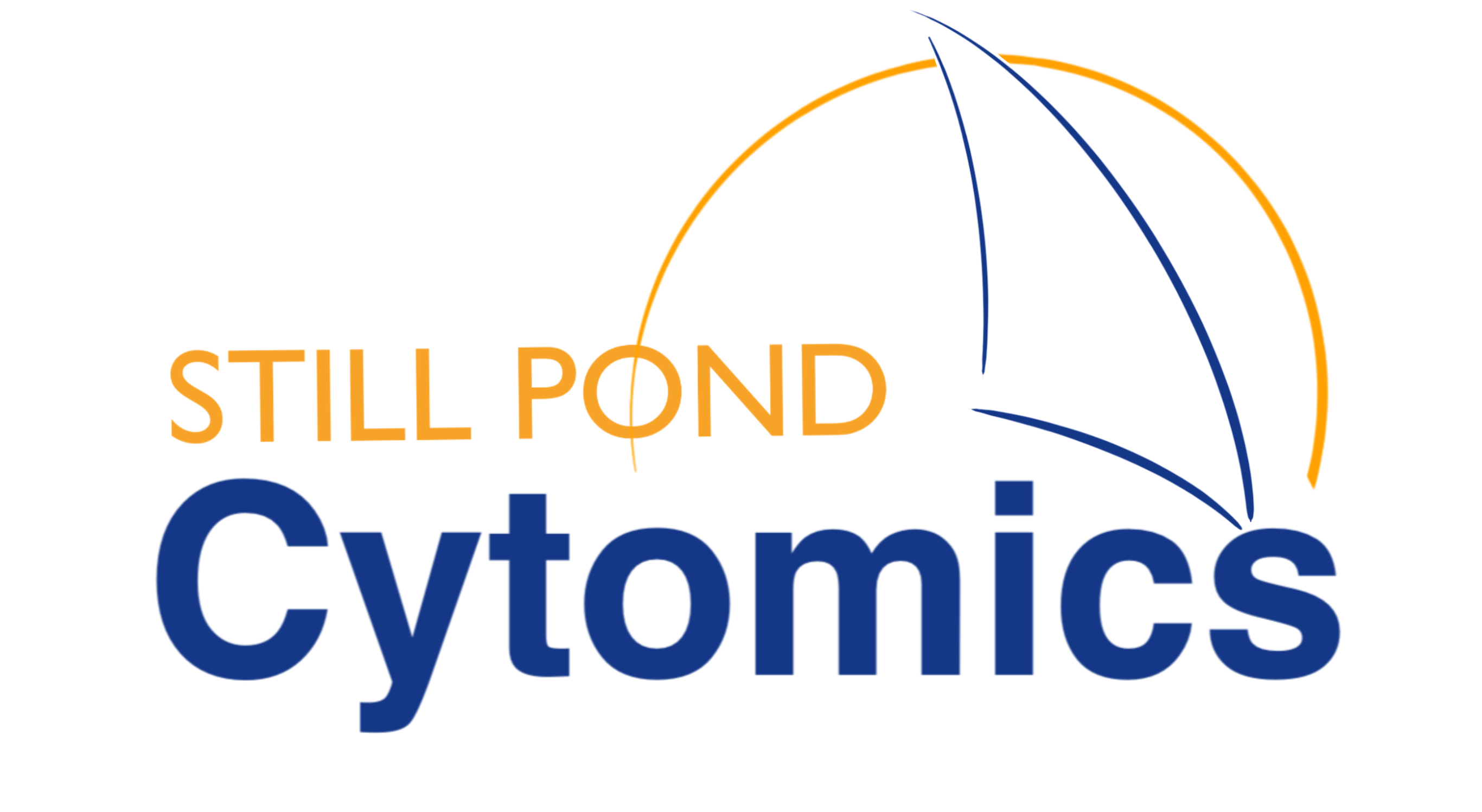All in-person sessions will be located at the University of Pennsylvania Perelman School of Medicine, in Richards B207 from 10 am – 12 noon. Please bring your laptop and power cord, and make sure your laptop can connect to AirPennNet.
Below is a rough schedule for the workshop. Depending on the directions that you, as a group, want to take us, we may deviate signficantly from this. So please consider this a roadmap of where we aim to go.
| Session<> | Topic | Concepts | Materials |
|---|---|---|---|
| Tue Feb 7 | Introduction to R, Bioconductor and RStudio. Flow Cytometry in R. Github basics. Coding Basics. RStudio Projects. | RStudio elements. Environment, history, help. Installing packages from CRAN, Bioconductor, Github. Basic coding. Separation of scripts, functions. Getting all kinds of help. Think, write, run, evaluate, rinse and repeat. Coding style and best practices. More Github. | Intro to R (ppt) Flow cytometry in R (ppt) Install wadeTools Coding Basics (ppt) |
| Wed Feb 8 | Starting a new flow cytometry project. | Downloading and preparing flow cytometry data using a large FlowRepository dataset. Initial survey of the data. QC. Pre-gating with performance diagnostics. Writing out gated FCS files for downstream analysis. | A real project with real data from FlowRepository! |
| Thu Feb 9 | Clustering for flow cytometry. | Basics of clustering (partitioning, hierarchical, fuzzy, density-based, model-based). Dissimilarity measures (geometric, correlation). Intro to flow-specific clustering packages (e.g. FlowSOM, fluster, panoplyCF). Comparison/evaluation of clustering results. | Clustering Basics (ppt) Survey of available methods (ppt) Fluster PanoplyCF HitMapper |
| Tue Feb 14 VIRTUAL | Open Lab | Virtual office hours. Instructors available for one-on-one consulting, problem-solving, suggestions, etc. | |
| Thu Feb 16 VIRTUAL | Open Lab | Virtual office hours. Instructors available for one-on-one consulting, problem-solving, suggestions, etc. | |
| Tue Feb 21 | Participant Presentations | Selected projects will be presented to the group. Applause!! |
